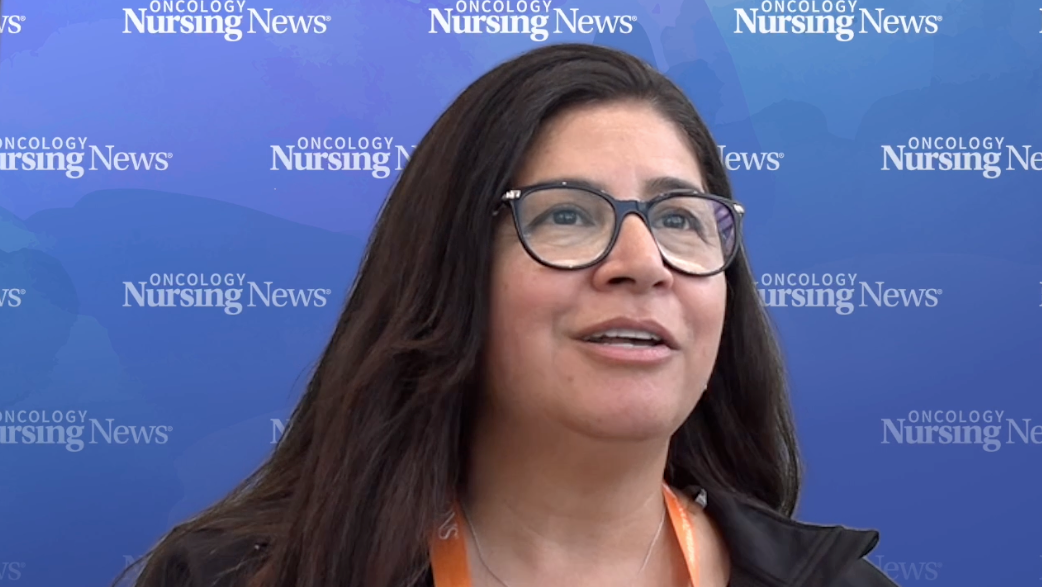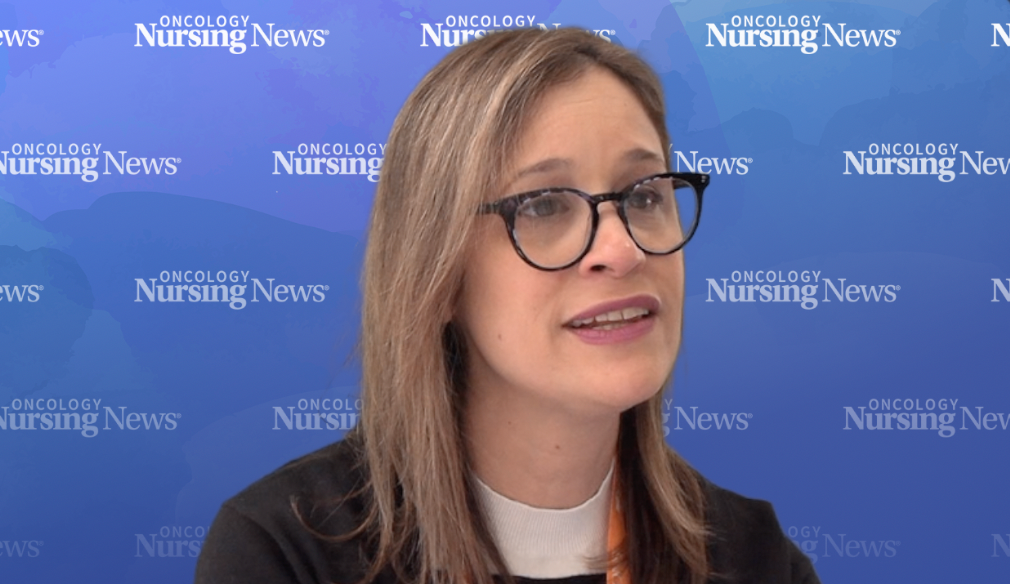Multidisciplinary Infrastructure Streamlines Cancer Care During Drug Shortages
The establishment of a multidisciplinary committee can help identify opportunities to best face the ongoing cancer drug shortage.
Establishing a multidisciplinary infrastructure could streamline the process for cancer clinicians facing a drug shortage, said Alison Tray, M.S.N., APRN-BC, AOCNP, NEA-BC, CPHQ, of Hartford Healthcare.
Tray sat down with Oncology Nursing News at the 49th Annual ONS Congress to discuss her team’s presentation on how a Senior Oversight Drug Shortage Committee helped reduce waste, ensure continuity of treatment, and communicate information regarding drug shortages.
READ MORE: A Difficult Pill to Swallow
“It really streamlines the process by getting everyone in the same room having the same discussion and speaking the same language,” she said, noting that clinicians involved in this committee include senior administrators, pharmacists, nursing leaders, and others. The committee was developed with guidance from the American Society of Health Pharmacists.
“[The committee is] having a conversation of, this is the supply on hand that we have, how do we address that? Which populations do we kind of prioritize and not delay or impact patient care? How do we even go down to the milligrams and on hand, and how do we kind of make sure that everyone can get the drug that they need?”
The process allowed the team to identify opportunities when it came to formalizing regional pharmacy buyers as well as centralizing the inventory monitoring system for drugs that are in shortage.
“Further work is needed at the legislative level to address the sources of drug shortages,” Tray and her team’s poster presentation read. “However, establishing a simple multidisciplinary infrastructure at the system level can assist in streamlining how community sites address this critical issue. Measures to reduce waste, ensure continuity of treatment, and communicate information regarding drug shortages in this shifting environment requires multidisciplinary coordination.”




